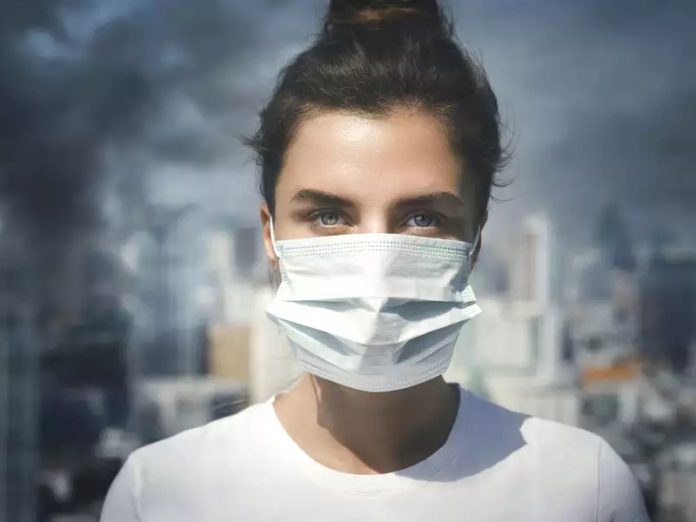
The coronavirus outbreak has changed our life in many ways. Wearing a mask before stepping out of the house and cleaning hands multiple times in a day has taken center stage in our life, which seems to be the new normal now.
However, there are some downsides of living like this. We know that washing your hands excessively or using sanitiser can make your hands dry, similarly wearing a mask for a long time can lead to skin issues.
How masks can aggravate your skin irritation
The mask we wear is generally tight-fitted so that it covers the area around our mouth and nose perfectly. As the skin of our face is soft, excessively tight mask can cause irritation and inflammation. So, always ensure that your mask is not too tight.
But this is not the only problem with the masks. The hot and humid weather is also adding to the woes of the people. The combination of summer heat, humidity and a tight-fitting mask is perfect to make your fungal or bacterial infection worse.
Continuous friction, irritation and inflammation along with trapped oil, dirt and sweat on the skin due to prolonged use of mask, can flare conditions like acne, eczema and rosacea.
What you should do
As is the case, you cannot avoid wearing a mask. It is one of the basic things that you can do to prevent the infection. Moreover, wearing a mask in public has been made mandatory by the government. And flouting the norms is a punishable act. So, to protect yourself from the nasty infection caused due to the mask here are a few things that you can do.
- Drink plenty of water in a day to avoid acne and dry skin.
- Do not apply any face pack or chemicals on your skin if you have rashes or acne.
- Clean your face properly and do not forget to apply moisturiser.
- If your skin condition gets worse, consult a dermatologist.
- Avoid touching your face continuously.
- Use a well- fitted mask to avoid skin irritation.
- Take a break from wearing a mask from time to time.
- Switch to cotton mask and clean them properly
